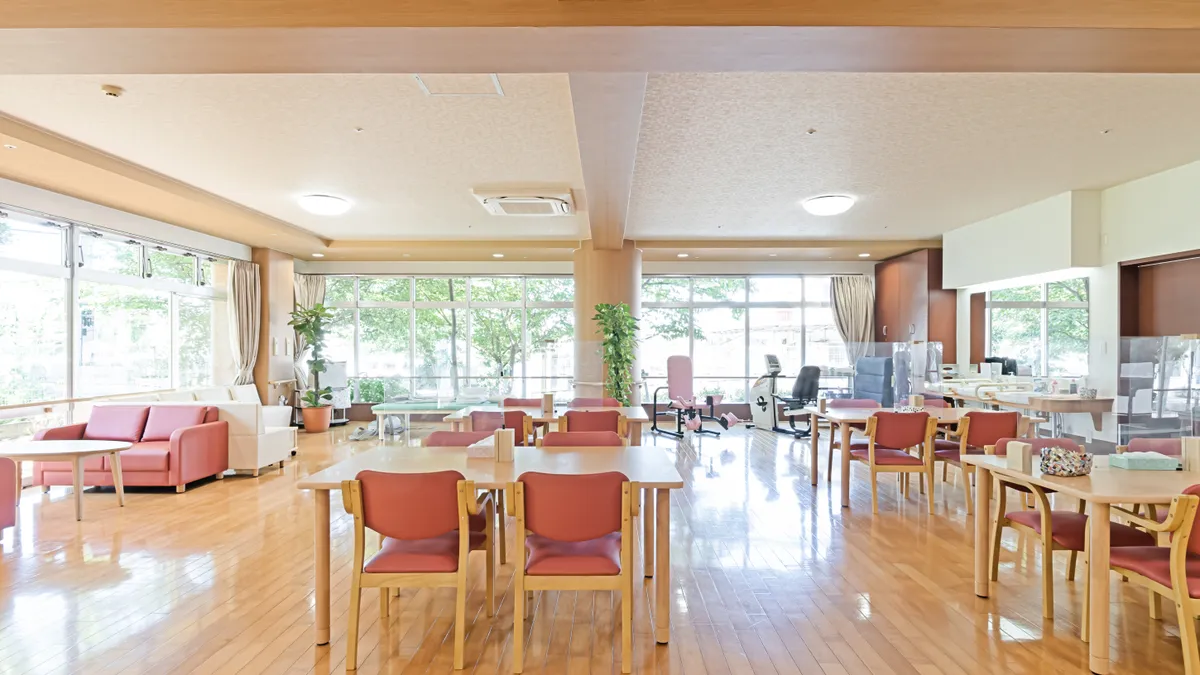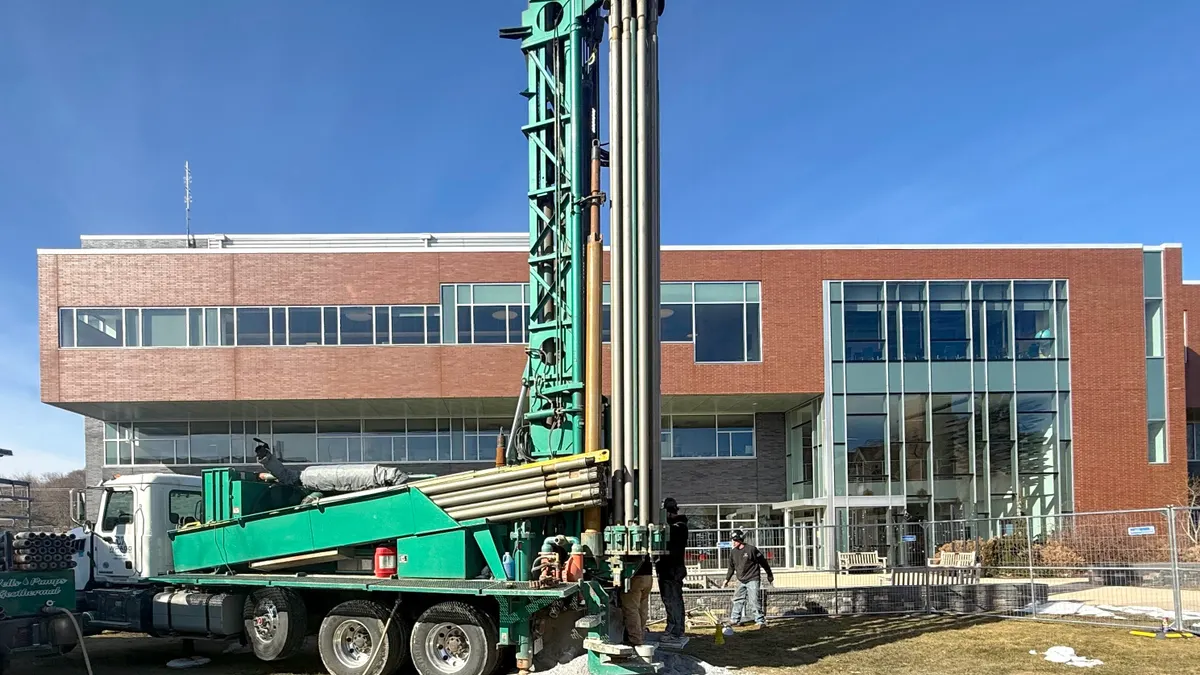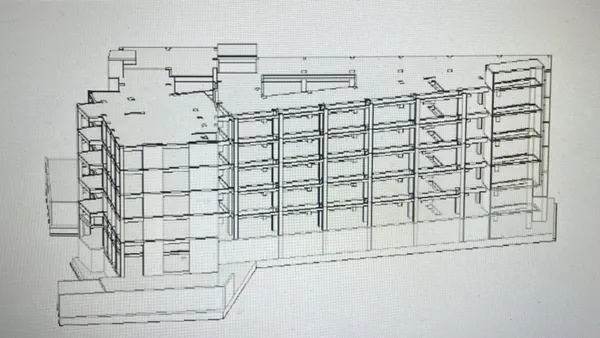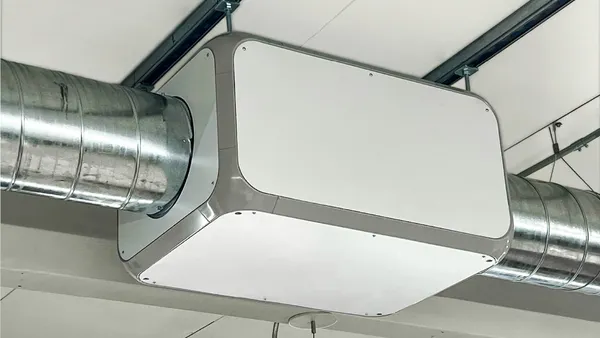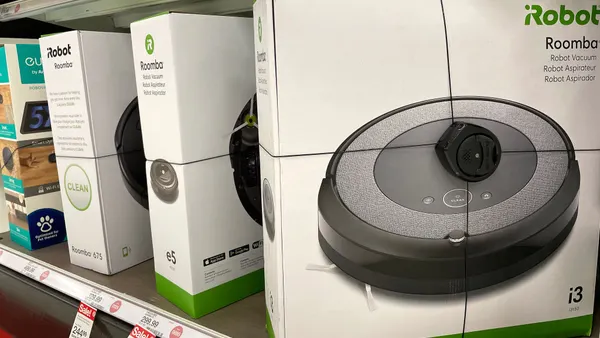Dive Brief:
- Butlr, a proptech spinoff from the Massachusetts Institute of Technology’s Media Lab, released a new product for assisted living and long-term care facilities to optimize buildings for improved energy efficiency, comfort, safety and treatment of residents and patients, according to a Feb. 1 news release.
- The company says its GPT technology leverages machine-learning models to provide insights that can help with early detection of potential health issues, while significantly reducing carbon footprints and creating efficient and ergonomic working spaces.
- By using opt-in generative artificial intelligence models, Butlr integrates artificial intelligence and body heat-sensing technology into palm-sized sensors that magnetically mount to walls or ceilings. These sensors can provide information on how people use space without capturing any personally identifiable information, the company said.
Dive Insight:
Fifty-six percent of executives believe employees have “big concerns” with companies monitoring their attendance, according to a survey of 1,100 company leaders and workplace managers conducted by Envoy and Hanover Research last year. To address such concerns, Butlr’s platform is fully-privacy proof, and does not include customer data, the release said.
"Buildings are the last frontier when it comes to digital transformation. The way they are designed and used has not changed in centuries. Yet buildings are where people spend the majority of their time," Honghao Deng, co-founder and CEO of Butlr, said in the release. "By gaining a better understanding of how space is used, we can transform buildings to reflect how people actually use the space while supporting sustainability, health, and safety goals.
Butlr Care adds another layer to the platform. Providers or staff can use Care GPT to obtain additional insights into health risks such as abnormal activities regarding movements and the event patterns of residents or patients, the company said.
By providing an aggregated view of recorded events and mobility data, physicians can identify early signs of potential age-related health issues without requiring staff to spend additional hours on manual logging and reporting, Butlr said.
Butlr also has a GPT for Smart Buildings that can be used to modify HVAC, cleaning and maintenance schedules based on occupancy and usage, it said. The company noted that the platform can additionally help companies visualize a customized office design and layout, with huddle areas and conference rooms, based on their specific needs and how the office is used.
The company, which was spun out of the MIT Media Lab in 2019, says its spatial insights are already making an impact on some of the largest companies in the hospitality, senior living, healthcare, commercial real estate and retail sectors. It said its customers include CBRE, Verizon, Netflix, Walmart, Carrier and Microsoft.



